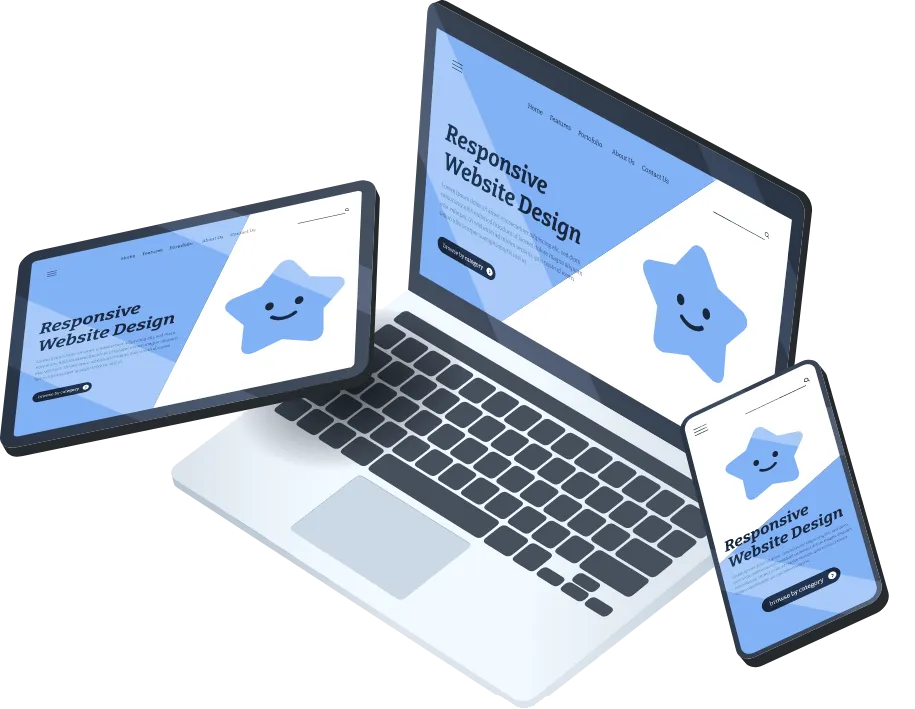Navigating the Digital Landscape
A modern guide to social media for graduate accountants. Your digital footprint is no longer optional—it's a core part of your professional identity.
This interactive guide translates the key findings of the "Navigating the Digital Landscape" report into a practical, explorable experience. It's designed to help you build a powerful and ethical online presence, turning social media into an asset for your career.
Use the navigation above to explore core principles, dive into specific platform strategies, understand your ethical obligations, and get a final actionable checklist to start building your professional brand today.
Foundational Principles
The universal Do's and Don'ts for maintaining a professional online presence.
✓ The "Do's" of Professional Etiquette
- ●Be Proactive & Consistent: Focus on quality over quantity. A few well-managed, active profiles are better than many forgotten ones. This builds authority and trust.
- ●Engage Authentically: Interact with your audience. Respond promptly and professionally to questions, comments, and concerns. Build connections, don't just broadcast.
- ●Provide Value (80/20 Rule): 80% of your content should be entertaining or informative (e.g., industry news, tips). Only 20% should be directly promotional about your services.
- ●Maintain Professionalism: Meticulous attention to grammar and spelling is crucial. Avoid all capital letters, which can convey anger or aggression.
- ●Separate Business & Personal: Use dedicated business pages to avoid confusing your audience and maintain clear boundaries. Companies should not be managed through personal pages.
✗ The "Don'ts" to Avoid Pitfalls
- ●Don't Spam: Avoid constantly asking for likes, shares, or retweets. Mass-following random users is also discouraged.
- ●Don't Self-Promote Inappropriately: Refrain from posting promotional content in places where self-promotion is not permitted, or joining groups just to post the same message.
- ●Don't Mix Content: Keep personal content, such as videos of pets or holiday snaps, off your professional business pages. This dilutes your brand.
- ●Don't Be Unprofessional: Avoid online arguments, engaging in "trolling," abuse, threats, or posting offensive or discriminatory content.
- ●Don't Assume Privacy: Even with strict privacy settings, operate as if anything you post could become public. Personal posts can reflect professionally.
Platform Deep Dive
Choose your platforms wisely. Each has unique strengths, audiences, and risks.
Best For:
Content Strategy:
Key Risks:
The Ethical Compass
Navigating the complex ethical and regulatory landscape is non-negotiable.
Ethical Principles Checklist
Your professional code of conduct extends to all online activity. Click each principle to understand the risk and recommended safeguard.
Confidentiality & Privacy
▼Risk: Inadvertent disclosure of client information. Content (even private) can unintentionally enter the public domain. A client "following" you is NOT a waiver of confidentiality for private financial matters.
Safeguard: NEVER share client-specific or identifiable information without explicit, WRITTEN consent. Keep all client discussions in private channels. Adopt an extremely conservative stance on sharing any client-related info.
Objectivity & Integrity
▼Risk: Personal opinions being misinterpreted as professional advice. Use of fake names or biased commentary undermines integrity. Conflicts of interest.
Safeguard: Use clear disclaimers (e.g., "for informational purposes only"). Be transparent and professional, even on personal accounts. Apply the Conceptual Framework for ethical dilemmas. Avoid pseudonyms for abusive commentary.
Due Care & Competence
▼Risk: Spreading misinformation or making misleading claims. Giving financial advice without the proper licenses ("Finfluencer" risk). Untrue or inaccurate content damaging public trust.
Safeguard: Verify all information you share; diligently check sources. Avoid guarantees or unjustified expectations. Promptly correct any false or misleading information. Ensure you have necessary licenses before providing any service that could be construed as specific advice.
Professional Behavior
▼Risk: Reputational damage from arguments, defamation, or inappropriate content. Bullying, spreading malicious rumors, or undermining colleagues. Even personal posts can impact professional standing.
Safeguard: Think before you post. Maintain a respectful tone. Avoid online disputes, harassment, or any content that could be seen as offensive or discriminatory. Your conduct must enhance the profession's reputation.
Advertising Rules
▼Risk: Non-compliance with strict regulations against false, misleading, or deceptive advertising. Implying an ability to improperly influence bodies. Unlicensed advice.
Safeguard: Be transparent about fees. Do not guarantee outcomes (e.g., tax refunds). Avoid calling yourself a "specialist" unless formally recognized. Retain copies of all advertisements (website, social media) for at least 36 months.
Data Privacy & Cybersecurity
▼Risk: Sensitive information collection by apps (e.g., keystrokes, biometrics). Potential government access to user data. Data breaches.
Safeguard: Be wary of app data collection practices. Secure your devices. Remove unnecessary apps. Avoid sharing sensitive personal information online. Understand that biometric data, once online, is almost impossible to erase.
AICPA's Conceptual Framework
For situations not explicitly covered by rules, use this mental model to navigate ethical dilemmas.
Identify Threats
Recognize potential conflicts (e.g., self-interest, advocacy, familiarity, undue influence).
Evaluate Significance
Assess whether a reasonable and informed third party would find the threat significant.
Apply Safeguards
Implement actions to eliminate or reduce the threat to an acceptable level (e.g., disclosure, refraining from activity).
Your Actionable Checklist
Turn knowledge into action. Use these steps to build and manage your professional digital presence.
Develop a Strategic Plan
Identify 1-2 primary platforms most relevant to your career goals. Focus on consistent, high-quality content over sheer volume.
Establish Clear Boundaries
Create dedicated business profiles separate from personal accounts. Be mindful that even personal content can impact professional image if linked.
Optimize Your Profiles
Ensure all professional profiles (especially LinkedIn) are complete, up-to-date, keyword-rich, and highlight quantifiable achievements, certifications, and software proficiency.
Prioritize Value-Driven Content
Adhere to the 80/20 rule (80% informative/engaging, 20% promotional). Humanize your brand appropriately for platforms like Facebook/Instagram ("edutainment"). For TikTok, focus on concise "micro-learning" videos.
Engage Thoughtfully
Actively participate in professional groups, comment constructively on industry content, and personalize connection requests. Respond to audience questions promptly and professionally, keeping advice general.
Master Ethical & Regulatory Compliance
Never share client-specific info without written consent. Ensure all advertising is factual and avoids guarantees. Include clear disclaimers for general advice. Maintain professional conduct online.
Implement Robust Risk Management
Regularly review privacy settings. Be cautious about data collected by platforms. Develop a strategy for addressing misinformation and online criticism professionally, prioritizing accuracy and integrity.


